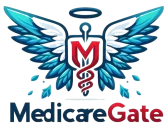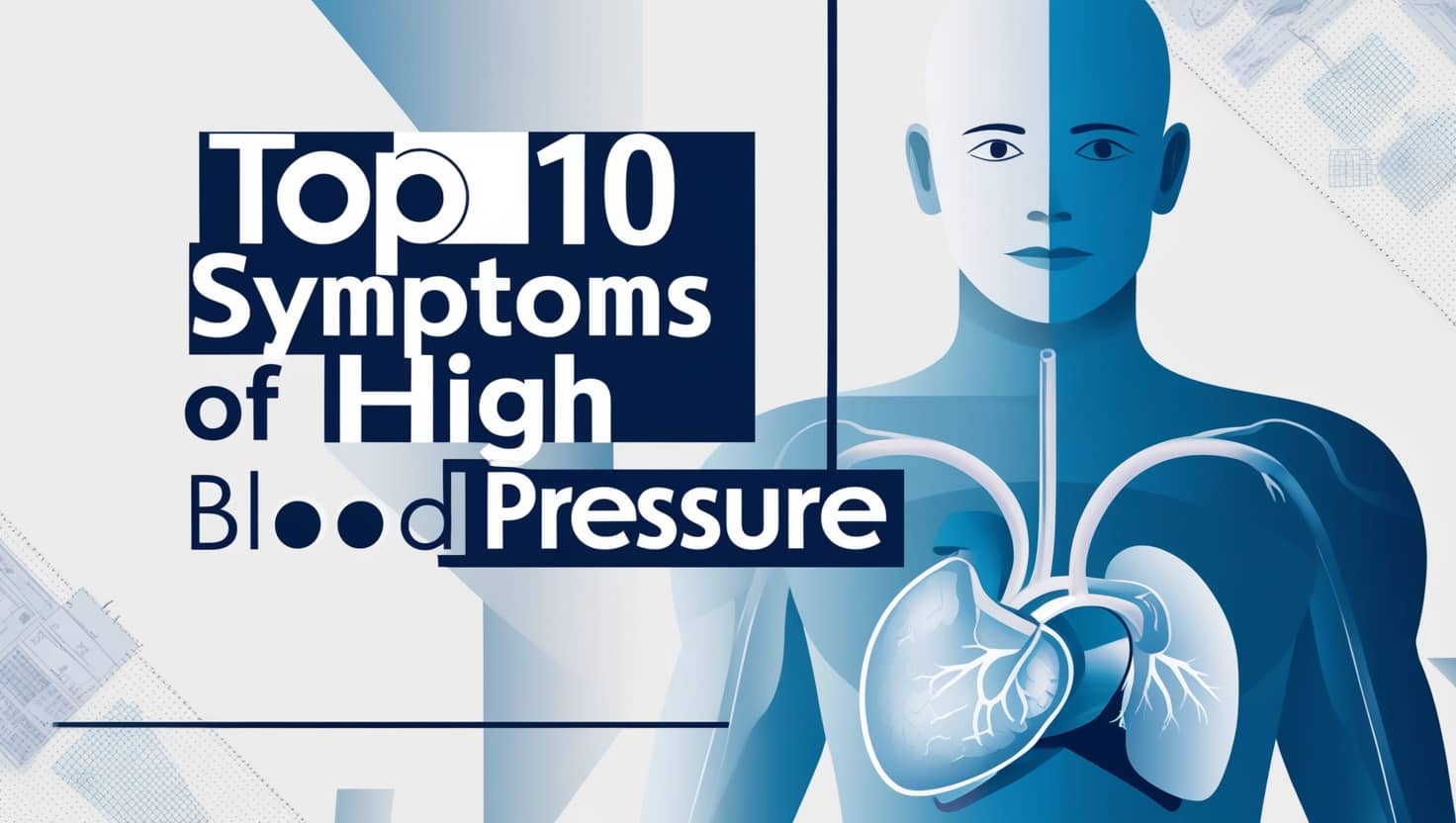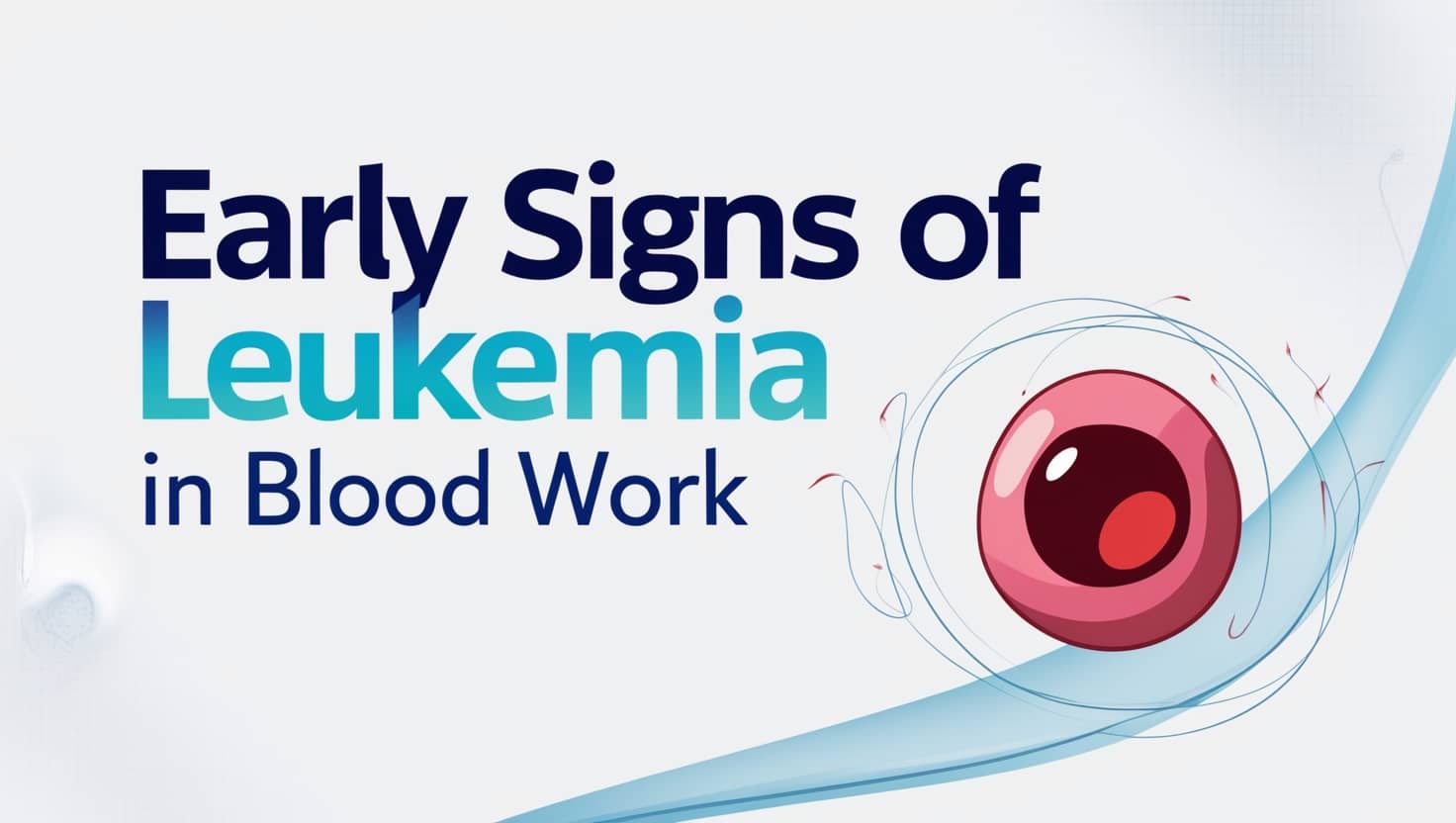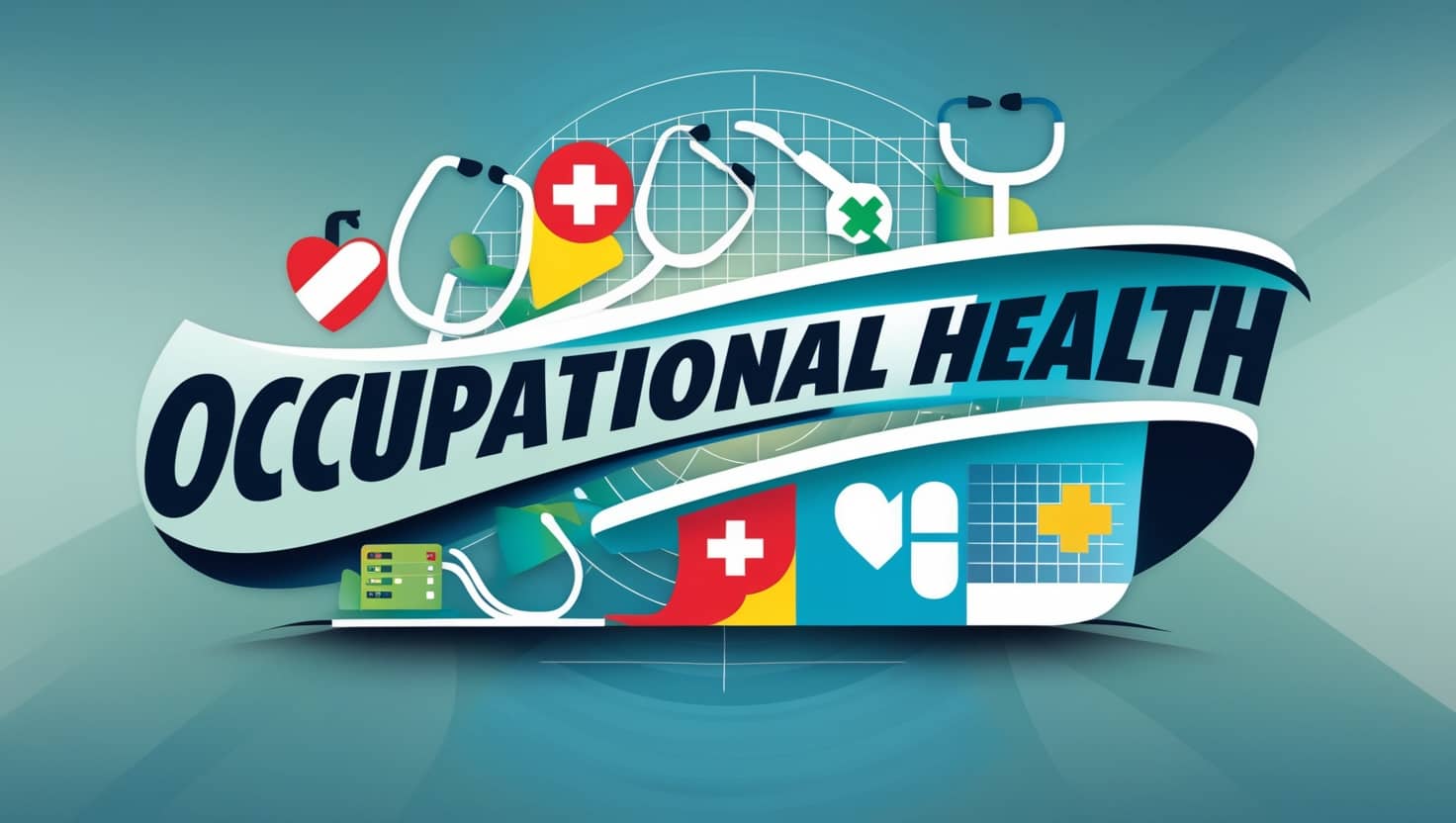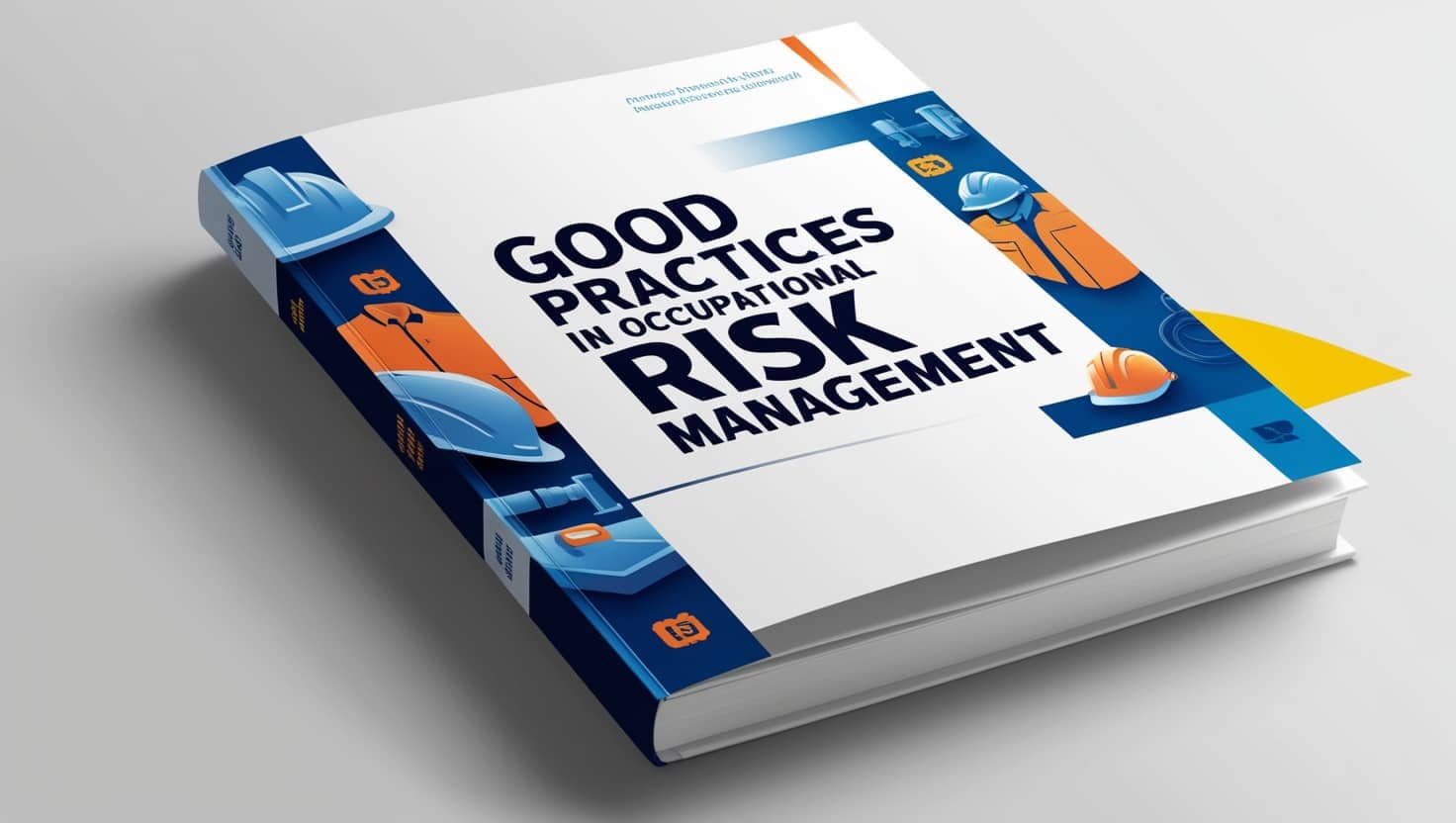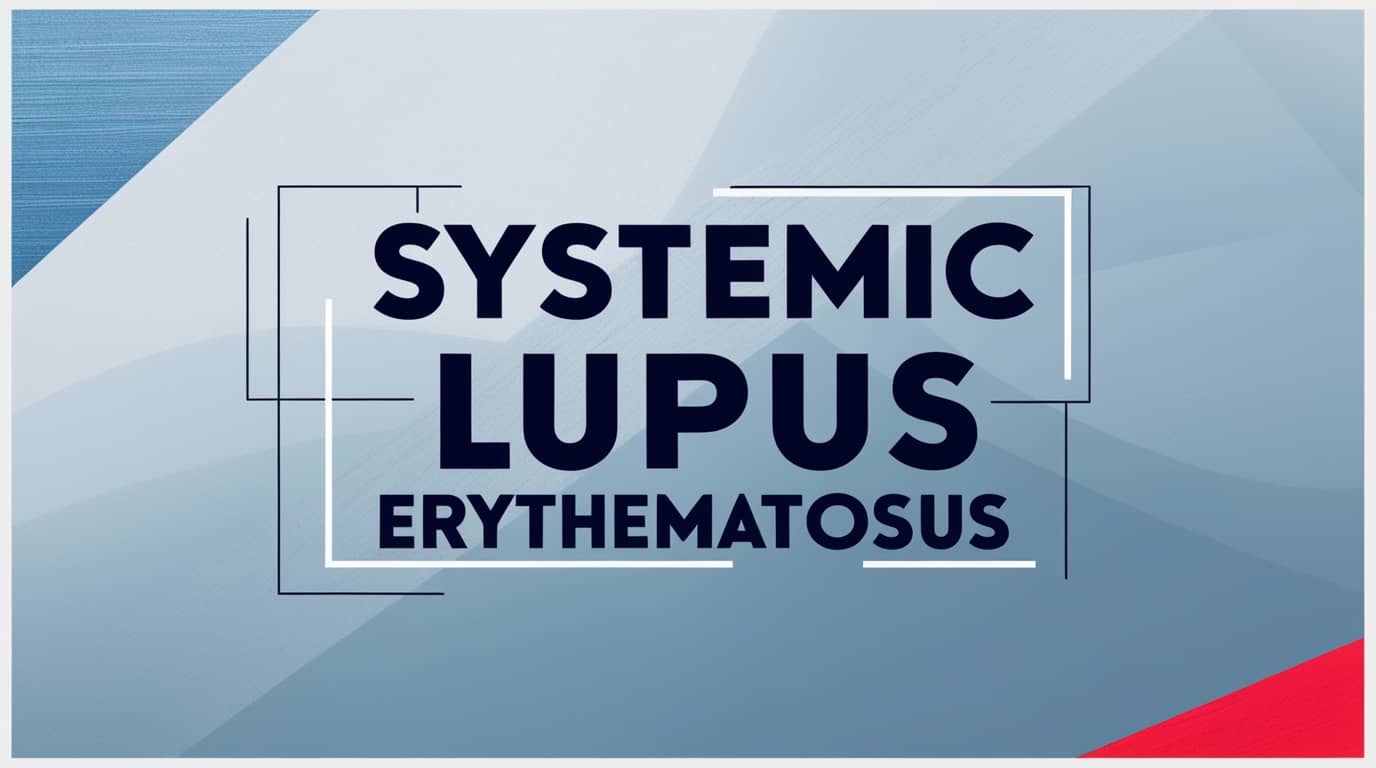Many people suffer from hypertension or elevated blood pressure. However, as it can only be identified by taking measurements of blood pressure, people usually aren’t aware of it. Blood vessels become constrained if high blood pressure persists for a longer period. This may damage the kidneys and heart and increase the risk of a heart attack or stroke. Sometimes controlling blood pressure needs just a lifestyle change. However, there are also antihypertensive drugs that can lower blood pressure. Here in this article, we will dive into hypertension as a silent disease.
Overview
Hypertension is defined as persistent systolic blood pressure (SBP) of at least 130 mm Hg or diastolic blood pressure (DBP) of at least 80 mm Hg. About 116 million adults in the US and over 1 billion adults globally suffer from hypertension. It is linked to a higher risk of death and cardiovascular disease (CVD) events, such as heart failure, stroke, and coronary heart disease.
Causes of Hypertension
Hypertension occurs as a result of two possible theories: A constricted renal artery or an overactive thyroid gland (hyperthyroidism). When the cause of hypertension is well known, it is referred as Secondary hypertension
Sometimes, drugs may also temporarily increase blood pressure. These drugs consist of the following:
- Certain medications used to treat mental health conditions
- Anti-inflammatory medications such as ibuprofen or diclofenac
- Decongestant drops or nasal sprays
- Estrogen-containing hormonal contraceptives, such as most birth control pills.
Risk Factors for Hypertension
The following are the main risk factors for high blood pressure:
- Obesity
- Consuming excessive amounts of salt.
- Excessive alcohol consumption.
- Lack of exercise.
- Genetic readiness.
What Are the Top 10 Symptoms of High Blood Pressure?
Although most people with high blood pressure or hypertension are not experiencing any symptoms, you should check your blood pressure immediately or consult your doctor if you experience any of the 10 symptoms listed below.
- An intense headache
- Epistaxis, or nosebleed
- Lack of breath
- Ear ringing or tinnitus
- Lethargy and insomnia
- Confusion
- Exhaustion
- Sweating excessively
- Vomiting
- Blurred vision.
A regular check of your blood pressure is the best approach to maintaining your health.
What Is a Woman’s Normal or Healthy Blood Pressure?
- women aged 18 to 39: 110/68 mm Hg
- 40–59 years old: 122/74
- Over 60 years old: 139/68 mm Hg.
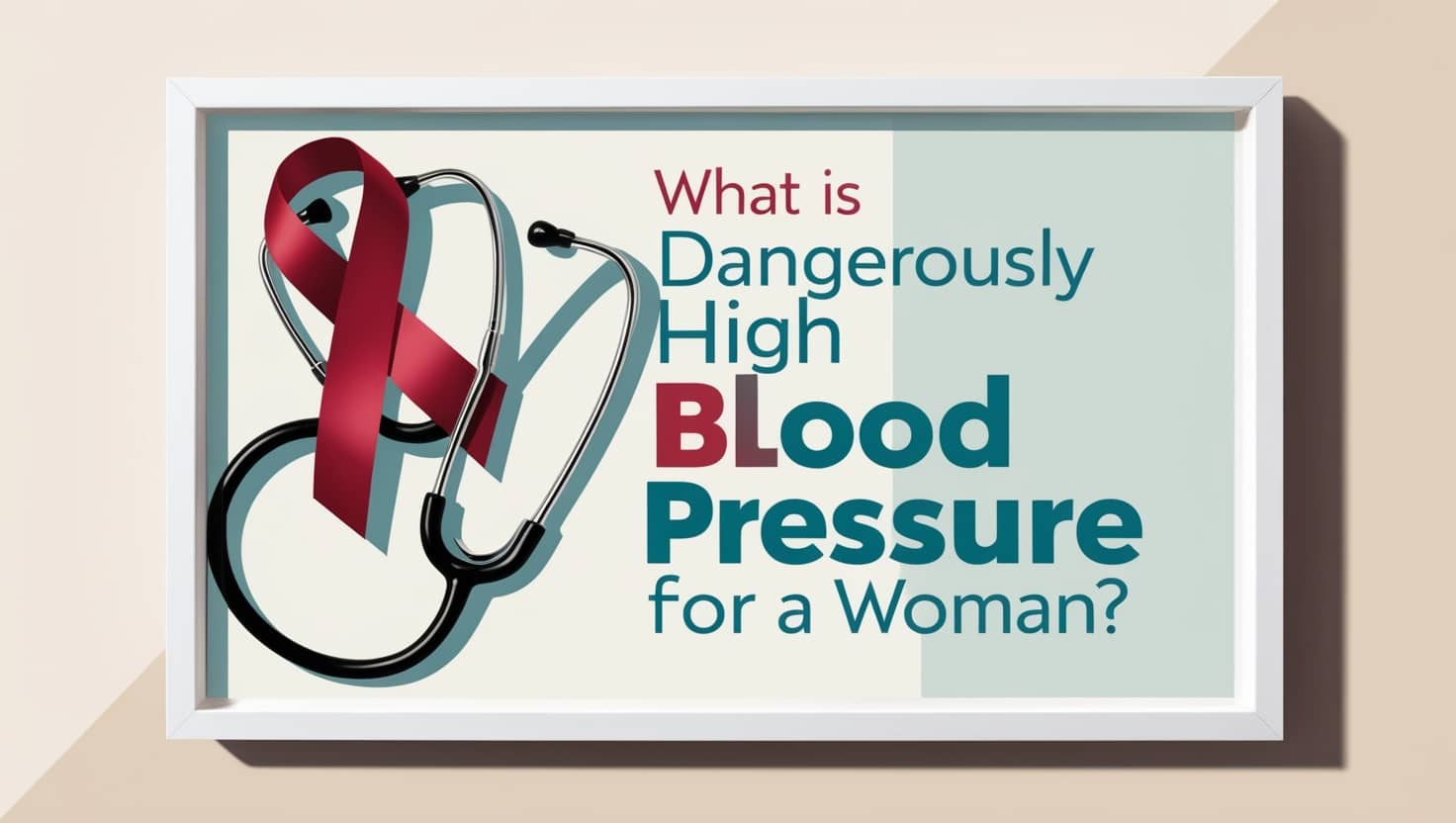
What Is Dangerously High Blood Pressure for a Woman?
Males are more likely than females to have high blood pressure (about 50% versus 44%). However, due to sex-specific aspects, women’s chance of developing hypertension may gradually increase after the age of 50. For instance, high blood pressure might be impacted by menopausal symptoms, birth control, or hypertensive diseases of pregnancy like preeclampsia.
A significant increase in blood pressure during pregnancy could indicate preeclampsia. This is a potentially harmful disorder that may impact the fetus’s growth and create a variety of symptoms. Pregnancy-related high blood pressure symptoms include:
- Headaches and a general feeling of sickness.
- During the second trimester, nausea and vomiting give way to frequent urination and edema, or swelling of the skin and other organs.
Read Also: Blood Disorders List
Complications of Hypertension
Prolonged high blood pressure may damage various organs and raise the risk of cardiovascular disease. The arteries thicken as a result of persistently high blood pressure levels. The heart must therefore constantly exert more effort to push adequate blood throughout your body.
The following are some potential long-term complications of high blood pressure:
- Inadequate blood flow in the legs
- Heart failure
- Heart attack
- Conditions affecting the heart’s rhythm, including atrial fibrillation
- Strokes
- Kidney damage
Diagnosis of Hypertension
A diagnosis of hypertension is made if the systolic blood pressure readings on two separate days are at least 140 mmHg and the diastolic readings are at least 90 mmHg.
Treatment and Management of Hypertension
Some patients can lower their blood pressure by following these steps:
- Losing weight
- Consuming less salt in food
- Reducing or avoiding alcohol use
- Giving up smoking
- Increasing your physical activity
In addition to or instead of these strategies, you can utilize drugs like diuretics, angiotensin-converting enzyme inhibitors (ACE inhibitors), or beta-blockers to lower your blood pressure. If changing your lifestyle doesn’t make enough of a difference or you can’t or don’t want to, that is an option.
Summary
Simply altering your lifestyle can frequently bring slightly elevated blood pressure down to normal. In most cases, extremely high blood pressure requires medications. However, there are side effects to these medications, and not everyone has the same advantages from medical treatment. Your vulnerability to the risk of problems will determine that.
References
- Institute for Quality and Efficiency in Health Care (IQWiG). (2006–). *Overview: High blood pressure. In InformedHealth.org (Internet). Cologne, Germany: Institute for Quality and Efficiency in Health Care (IQWiG). Retrieved June 26, 2024, from https://www.ncbi.nlm.nih.gov/books/NBK279239/.
- Carey, R. M., Moran, A. E., & Whelton, P. K. (2022). Treatment of hypertension: A review. JAMA, 328 (18), 1849–1861. https://doi.org/10.1001/jama.2022.19590.
